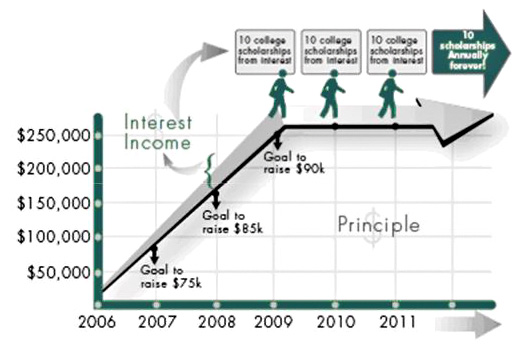A pair of systems thinking posts on how why the natural way to reform capitalism and bring about its stable and healthy climax. is to turn the world’s accumulated investment funds (the savings of individuals) endowments for their owners purposes other than piling up more money. JLH
- Group: Systems Thinking World
- Discussion: UN call for revolutionary thinking and action to ensure an economic model for survival… How to make this happen?
Posted by Ferenc Kovacs
@Helen, My systems thinking aptitude is simple minded. Follow the medical practice that cannot fully undersatnd what is going on in a living organism, has no clue of the causation chain of all diseases, but they heavily rely on the self-corrcting and healing nautre of organisms and time as the only cure without telling us how it works. Therefore I see humanity as the disease, but as we are successulf as parasites and society is built on parasitism, it is is difficult to get the message accross: stop being a parasite and acccept that you need to work to get rewarded. Go bakc to the Garden of Eden, check out what the knowledge of good and bad is really about and accept that life on earth is not optimised for the life span of individuals, not veent a happy life, but on the growth of species and offsrpings in a growing variety which was halted by hmans presence and growth in number. Surely, that will not go on like that, Nature will teach you by taking sanity away from us first. the rest will be easy. We are already insane in pursuing excitement, show and appearances and covering up knowledge and giving up common sense.
Jessie Henshaw • @Ferenc – You said to Helene, “Therefore I see humanity as the disease, but as we are successful as parasites and society is built on parasitism, it is difficult to get the message across: stop being a parasite and accept that you need to work to get rewarded.”
Why it’s “difficult to get the message across” is partly the difference between “feedbacks” as “ratios” and “feedbacks” as “investment choices”. That’s what I had mentioned, to which William Ross said “You have succeeded in expressing it well and succinctly.” as “one of the more fundamental differences between how models of systems and real physical systems actually operate. Particularly for growth systems that represent complex construction processes.” Continue reading Why real economic ‘feedbacks’ are investment choices, and Keynes knew


